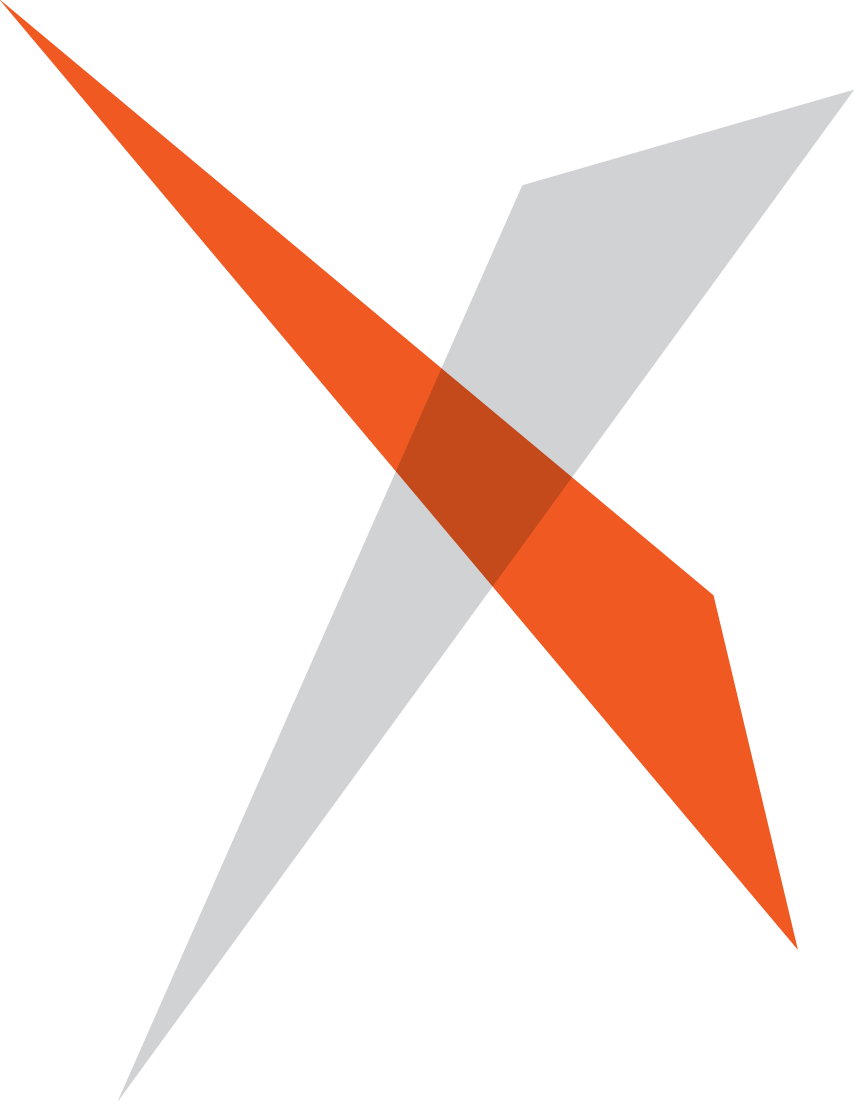Exceedence frees companies from in-house spreadsheets, so they can focus on analysing and optimising their projects
Bio
- Age of business: Two years
- Name of business: Exceedence
- Location: Cork, Ireland
- Team: Includes Ray Alcorn co-founder and chief executive, John Keating (co-founder and director), Chris O’Donoghue (principal software engineer), Annicka Wann and Bichris Coupama
- Funding: €100k
What does Exceedence do?
Combined technical financial modelling and analytics software in renewables. We free companies from in-house spreadsheets and get them analysing and optimising their projects in our software tool with levelised cost of energy, internal rate of return, return on investment and more.
How did you meet?
We know each other from various times in our careers but mostly through working with or for University College Cork.
Where did the business idea come from?
It came from work started in 2008 and developed by Dr Gordon Dalton at University College Cork. It was developed through funding from Enterprise Ireland before being spun out into Exceedence. Two of the original team are still with Exceedence.
Are you working with any other partners?
Yes. We have just finished an accelerator programme with NDRC LaunchPad. Microsoft have given us in-kind funding in the six figures through their startup programmes, BizSpark and BizSpark plus.
How has ODINE helped you so far?
The application, pitch and subsequent detailed plan helped us focus our vision. In the next stages we hope to get more tailored mentorship and wider exposure of what we are doing. Being funded through ODINE and its partners gives us great credibility.
What advice would you give to other companies pitching to ODINE?
Have a clear vision that is both realistic and achievable and have one message per slide. Our pitch was that ODINE was going to be a stepping-stone in a longer path and we showed that we had a sustainable plan for its development.
How would you encourage big business to buy into the open data movement?
Firstly, open data can be monetised. We are showing that with our project example, Monetise Metocean where we can show the monetary value of offshore renewable resources. Secondly, the investment trend is towards environmental, social and governance projects, and creating open data is part of this.
What’s the key trend in open data at the moment?
Two things in our sector. The first is standards and that means making quality data useable across platforms and easy to integrate. Second is speed of delivery and getting live data streamed from offshore.
(This story first appeared on The Guardian)




